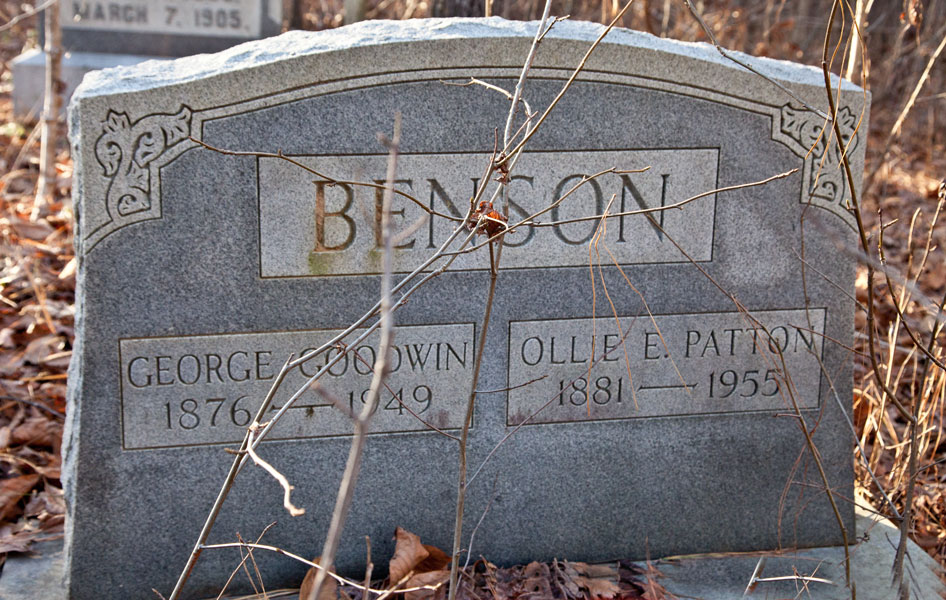
Not long ago, Louis Bourgeois came upon an apparently abandoned cemetery while hunting in Yalobusha County on some land under control of the Army Corps of Engineers. On the 2nd day of Christmas, after Louis and I shot some rounds from two 20-gauge shotguns and a 12-gauge, we went to the cemetery to take pictures.
The surname on most of the tombstones was either Wright or Benson. The earliest birthdate is July 4, 1797 (William Hardy Benson). The latest death date is 1955 (Ollie Patton Benson), widow of George Goodwin Benson (died 1949).
Later research has revealed that, unsurprisingly, the plot’s name is Benson Cemetery. Given the appearance of the tombstone of Ollie and George, it seems the cemetery couldn’t have been completely abandoned since 1955. I think it’s certain that the current tombstone of Cora Wright Frost has not been sitting there exposed to the elements since the spring of 1905.
Given how small was the European-descended population of Mississippi in 1797 (especially away from the River or the Coast), I guessed that Hardy Benson was born in the Carolinas. It turns out that Hardy was indeed originally from Greenville, South Carolina.
Further research indicates that Benjamin Benson (1752-1833) (father of William Hardy Benson) was a brother of Henry W Benson (1755-1828). https://ancestors.familysearch.org/en/L2M9-MVR/henry-w-benson-1755-1828
Henry was a wagonmaster in the Revolutionary War. http://genealogytrails.com/miss/revwarsoldiers.html (nb: No other source supports the claim that there are gravestones in Benson Cemetery for Pharaoh or Charles)
To assist people who have slave ancestry there, Yalobusha County has a web page that lists the names of slaveholders with farms of 600 acres or more. “H. Benson” (presumably Hardy) is listed as owning 62 slaves. https://sites.rootsweb.com/~ajac/msyalobusha.htm
The nearest community, of any size, to Benson Cemetery is Oakland, where a December 3, 1862 skirmish took place between Rebels and Federals (14 years after Hardy’s death). The outcome was to stop the southward advance of Federals, including the thwarting of Sherman‘s attempts to capture Vicksburg. https://www.angelfire.com/ms2/grantshilohvicksburg/TheBattleofOaklandMississippi.html
Seventeen days later, poet/painter and cavalry general Earl Van Dorn led a spectacularly successful raid on Holly Springs. Nathan Bedford Forrest conducted other raids against Ulysses Grant. In combination the raids drove Grant (then stationed in Oxford) from Mississippi. https://en.wikipedia.org/wiki/Holly_Springs_Raid
Like Forrest, Van Dorn was utterly fearless in battle. He met his end, though, at the point of a gun fired by Dr. George Peters, an honor killing resulting from Van Dorn’s rumored dalliance with Peters’s vivacious young wife (Jessie), or a daughter (Clara) by one of Peters’s prior 3 wives, or possibly both. Subsequent charges against Dr. Peters were dismissed, and he and the lovely Jessie were eventually romantically reconciled.
Vicksburg fell on July 4, 1863.
Forrest’s cavalry raids continued to wreak havoc on Grant’s forces. Eventually Grant sent a 10,000-man army into Mississippi specifically to kill or capture Forrest. Against overwhelming superiority of men and materiel, Forrest turned the tables and captured a large body of these forces at Bryce’s Crossroads.
Not long afterward (August 22, 1864), Union forces in retaliation burned and looted much of by-then undefended Oxford. (Ole Miss was spared only because two Union officers refused to obey an order to put it to the torch.) https://www.thelocalvoice.net/oxford/150-years-ago-august-22-1864-the-burning-of-oxford-mississippi/
Forrest survived the war without ever being captured. He did not lay down his arms until a month after Lee did. In peacetime, though, he urged reconciliation and national unity.

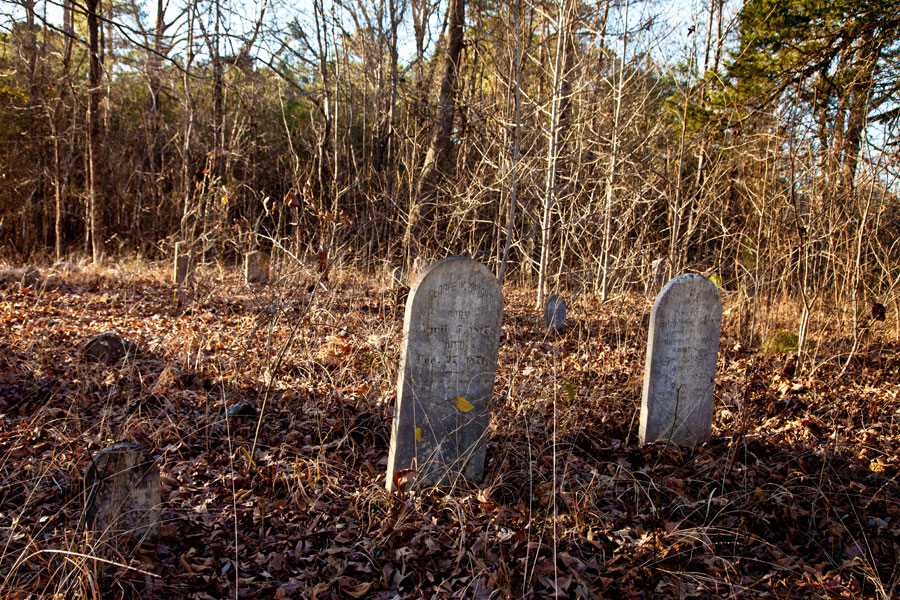
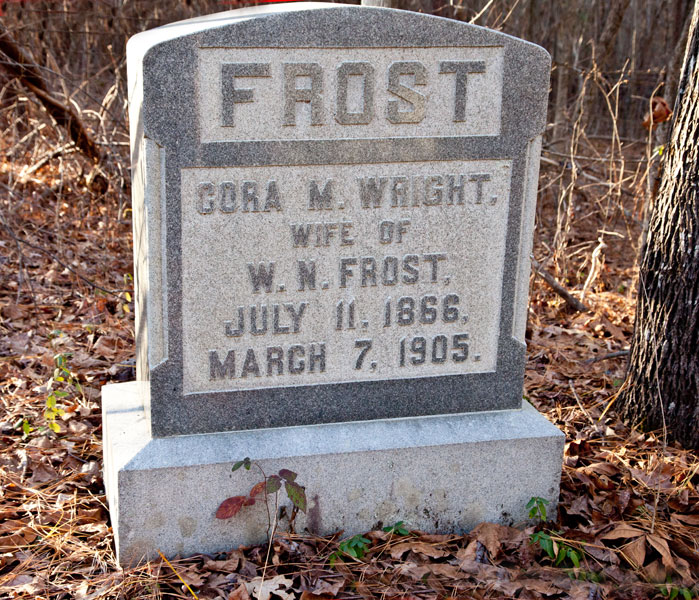
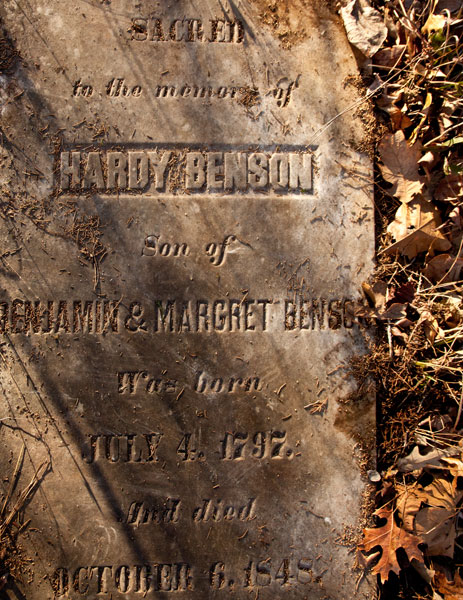
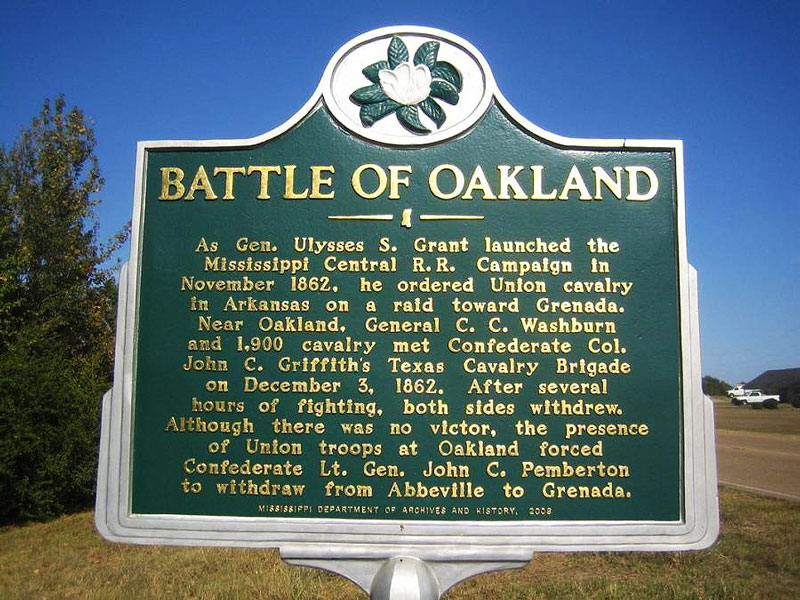


“In peacetime, though, he urged reconciliation and national unity” for members of the Ku Klux Klan.